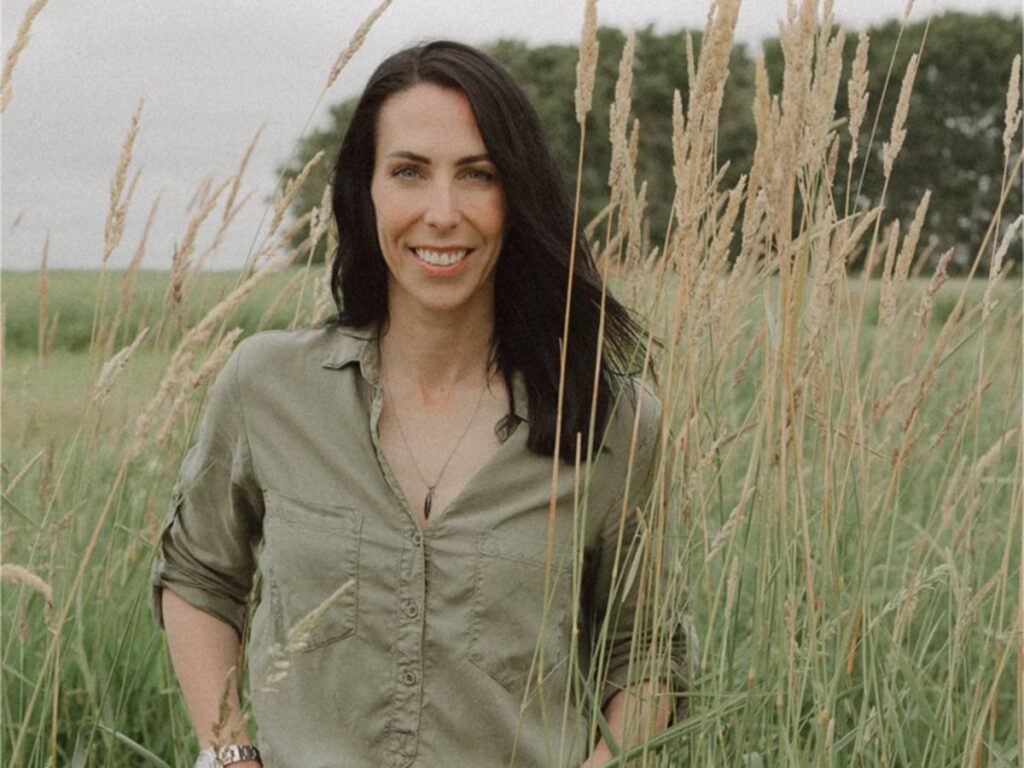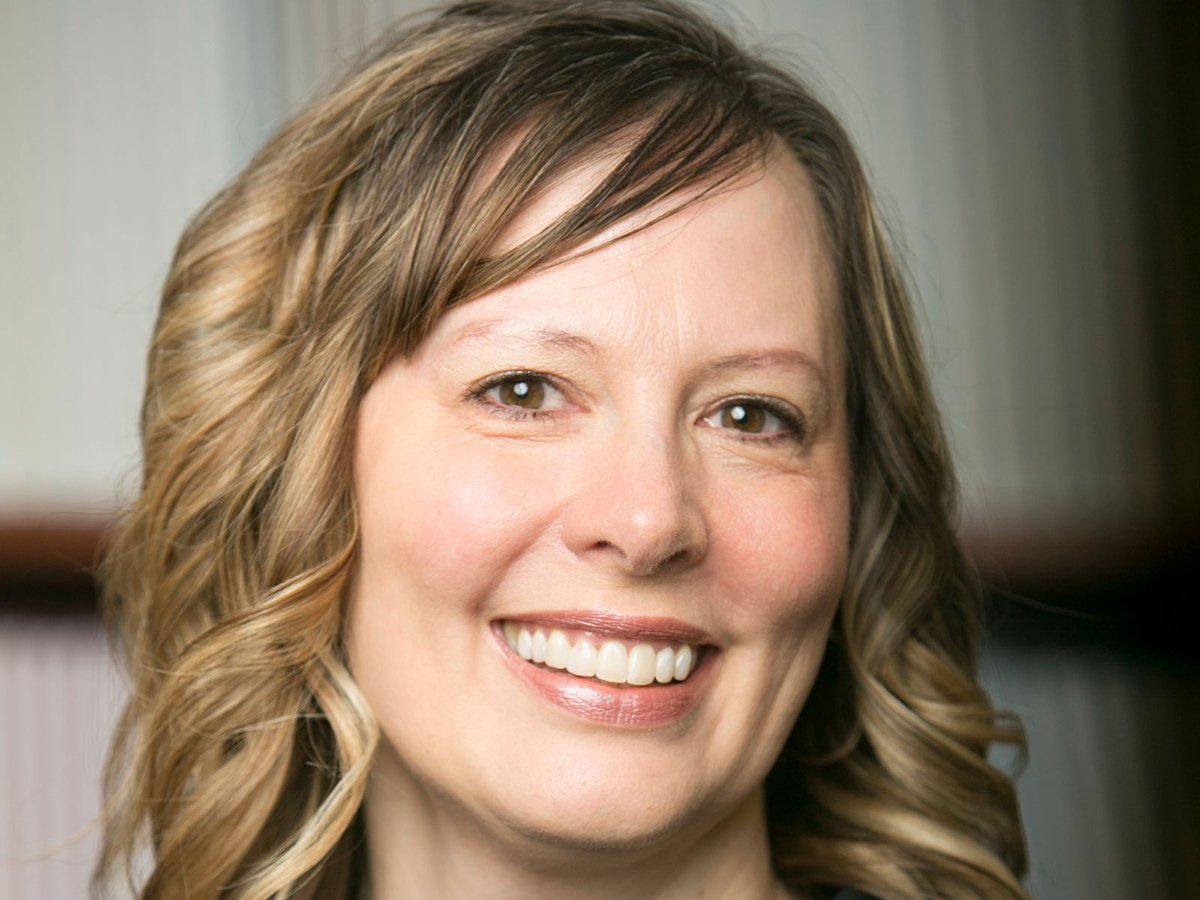More women calling themselves farmers

Glacier FarmMedia – Shifting gender roles and wider recognition of work traditionally done by women may be allowing more women to call themselves farmers, says one female farmer and ag industry leader.
Growing up on the family farm near Melfort, Sask., Kim Keller watched her mother serve as an equal and integral partner to her father on the farm, such as working in the fields and running equipment.
Related stories:
“My mom farmed right beside my dad,” she says.
Read Also


Alberta ag school ‘confident’ in new president and CEO
A longtime staff member of Olds College of Agriculture & Technology has passed a “rigourous process” to become the school’s new president and chief executive officer.
“If it hadn’t been for my mom, my dad wouldn’t have able to farm how he did.”
Although she believes this was common at the time, she also believes many of these women still considered themselves “farm wives” rather than farmers.
This has changed — although only incrementally.
In 2021, the Census of Agriculture indicated an increase in female farm operators for the first time in 30 years, with approximately 80,000, or 30 per cent of Canadian farmers, being women. Many feel this is still not an accurate number, but it does indicate a shift.
It’s also relevant to note that Statistics Canada did not allow Canadian farms to list more than one primary operator until 1991, marking another potential reason why Canadian women on farms were disinclined to identify as farmers.
Keller believes there’s a greater appreciation for invisible work today because younger generations are sharing the domestic duties much more than previous ones.
According to StatCan, in the last 40 years, men have increased the amount of time they spend doing housework by 24 minutes a day — the exact amount by which women have decreased their daily household work over the same time frame. This reflects a slow but growing trend toward more equitable participation in household chores.
Another part of the reason more women are identifying as farmers may be because their work, which often includes “softer” skills, is increasingly being valued, on the farm and beyond.
“The emotional intelligence, the compassion, the humility — this would have just been considered women’s work before, but now it’s everyone’s work. We’re seeing soft skills recognized as important everywhere.”
Keller has held several leadership roles in the ag sector over the last decade. Today, in her off-farm role as an executive at ag-tech startup Ground Truth Ag, she says most of the skills she uses are soft skills.
“In order to be successful in any type of position these days, leadership or not, working with people is one of the most important parts, and people are emotions, people are feelings,” she says.
“Chat GPT can do all the ‘hard’ stuff. It can’t resolve a conflict between heated or disengaged employees.”
Source: producer.com


